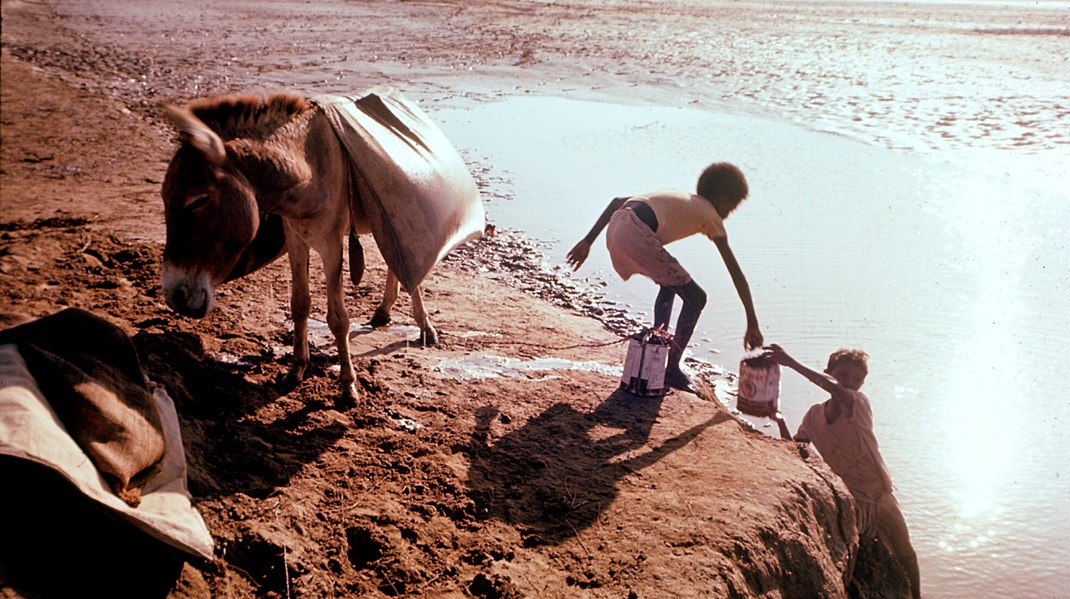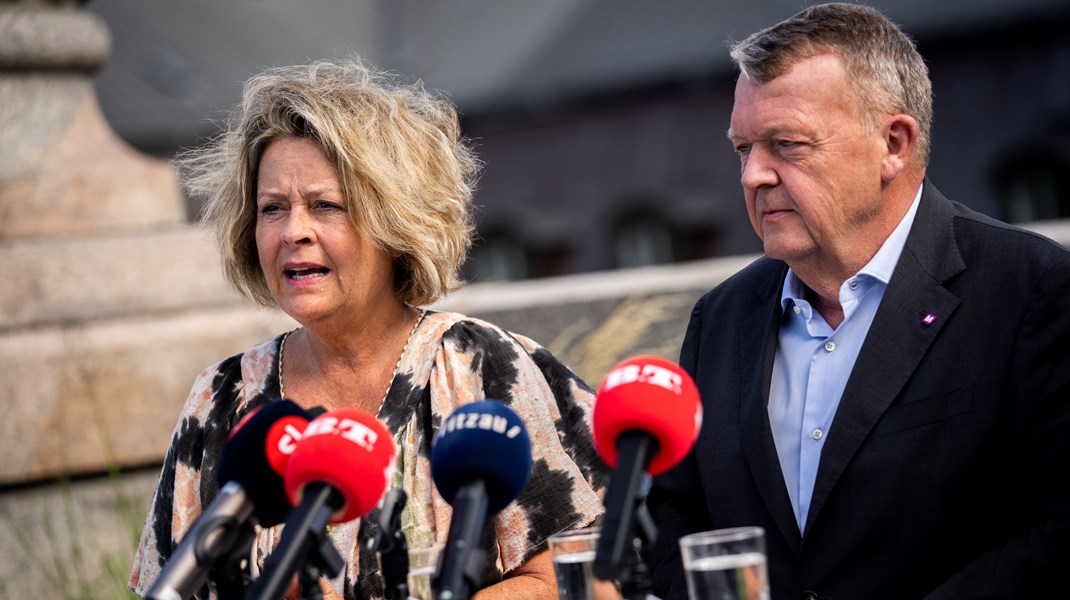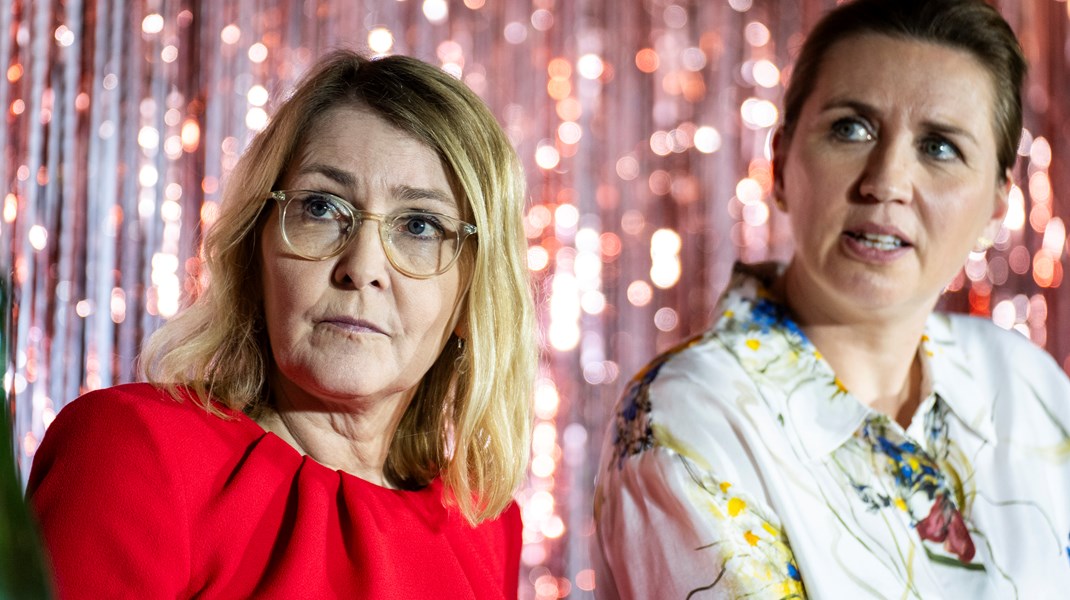DR Congo: Thousands in Yumbi need ongoing support after recent conflict
Ethnic tensions led to an outbreak of violence between two communities in the Yumbi territory of western Democratic Republic of Congo in mid-December, reportedly killing more than 500 people and causing about 20,000 people to flee their homes.
An emergency team from Doctors Without Borders/Médecins Sans Frontières (MSF) responded within a week, as local people took refuge on islands in the Congo River or fled across to the Republic of Congo. MSF set up mobile clinics for displaced people in the islands, in Yumbi city, and in inland villages.
"The health system, which was already fragile in Yumbi health zone, has also been affected by these events," said Dr. Jean Paul Nyakio, the head of MSF's medical team in Yumbi. "Health facilities were damaged. Health workers have fled."
MSF's mobile clinic teams carried out more than 9,000 medical consultations from early January to mid-February. MSF also supported the general hospitals of Yumbi and Bolobo, as well as Mansele Secondary Hospital, to treat more than 60 wounded people, referring those in need of specialized care to other appropriate facilities.
In early February, the emergency team distributed kits of basic supplies, such as tarps, blankets and mosquito nets, to more than 2,800 families who had fled their homes.
"The precarious living and hygiene conditions caused by the population displacements increase the risk of spread of diseases," Nyakio said. "Rising malnutrition also points to a worrying situation of food insecurity. Even though the acute phase of the emergency is over, it is essential that additional resources are allocated to support the health system in the long term."
It is estimated that nearly 1,000 homes were destroyed, and many survivors tell stories of extreme violence.
"I remember hearing someone shout 'Petrol!' just before they set fire to the house," said one woman, a 50-year-old grandmother who was hospitalized with second-degree burns. "We were barricaded inside. I pushed and kicked with my foot to make a hole in the wall to get out. I lost five of my children and grandchildren that day."
Many survivors suffer psychological trauma. "The more direct the people's contact with the violence was, the worse their trauma symptoms," said Nicholas Tessier, MSF psychologist in Yumbi. "For many, the wounds are still raw today, and so they shouldn't be forced to return home too quickly. Otherwise, there is a risk of a new wave of trauma among those who do not feel ready to return home, where they have lost everything."
After a two-month emergency response, MSF teams have gradually begun withdrawing from the Yumbi health zone to make way for other organizations to provide long-term support. MSF is donating a month's supply of medicines to the health facilities in the area and will continue to monitor the situation, to respond to renewed outbreaks of violence or epidemics if needed.


